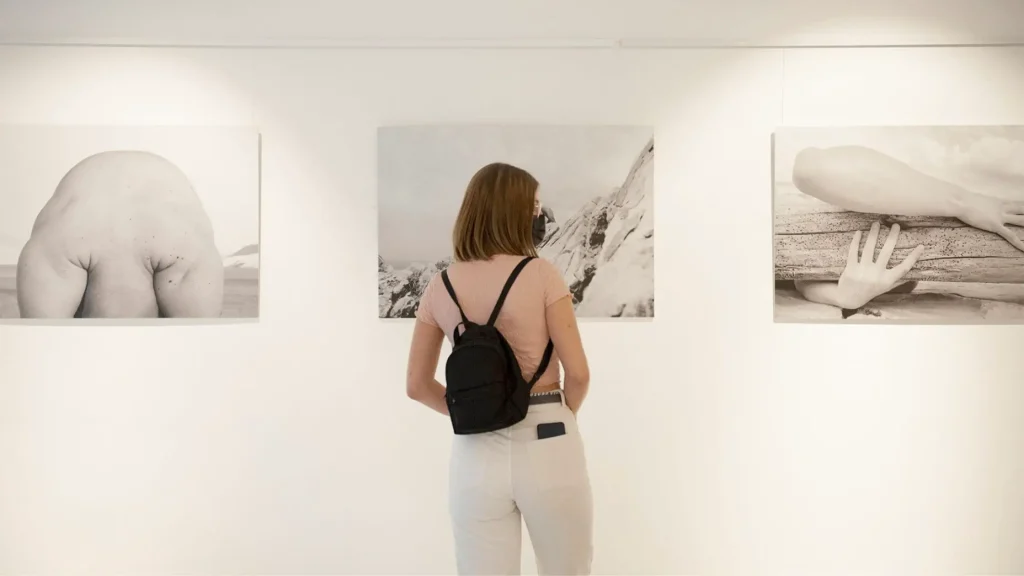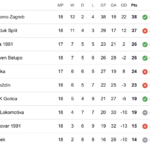The survey was conducted last month and covered 141 of Croatia’s 164 public and private museums.
While many European museums were closed last year due to COVID, this was not the case in Croatia where the number of visitors was also a result of revived tourism last summer.
Almost 25% of the visitors registered last year visited the three usually most popular museums.
The Archaeological Museum of Istria in Pula saw 313,180 visitors, up 91% from 2020, but only 54% of the number logged before the pandemic.
The Split City Museum attracted 135,891 visitors, up 228% from 2020, but only 34% of the number before the pandemic.
Dubrovnik Museums had 111,411 visitors in 2021, up 166% from the year before, but only 37% of pre-pandemic figures.
Last year, as in 2019, foreign tourists accounted for almost 25% of museum visitors. Still, this only accounts for 42% of the visits generated before the pandemic.
Zagreb museums log sharpest fall in visitors due to earthquake, pandemic
The sharpest fall in visits was registered by Zagreb’s museums, which have been closed since the March 2020 earthquake and are awaiting years-long reconstruction. The pandemic, too, reduced the number of visitors due to these various events.
Mimara, the Croatian Natural History Museum, the Strossmayer Gallery, and the Croatian School Museum had no visitors at all in 2021. The Croatian History Museum and the Archaeological Museum had between 1,000 and 1,500 visitors on other premises. The Museum of Arts and Crafts logged 15,182 visitors or 19% of the pre-pandemic number. The Klovićevi Dvori Gallery, typically the most visited venue, had 58,056 visitors, only 16% of figures compared to 2019.
The Vučedol Culture Museum in Vukovar registered 8,081 visitors, whereas in the years before the pandemic their numbers went up to 90,000.
The only category which saw a rise in 2021 in relation to 2019 were those who visited museums with a family ticket, with 120,726 registered in 2019, 57,749 in 2020 and 136,212 in 2021.
For more, check out our lifestyle section.









